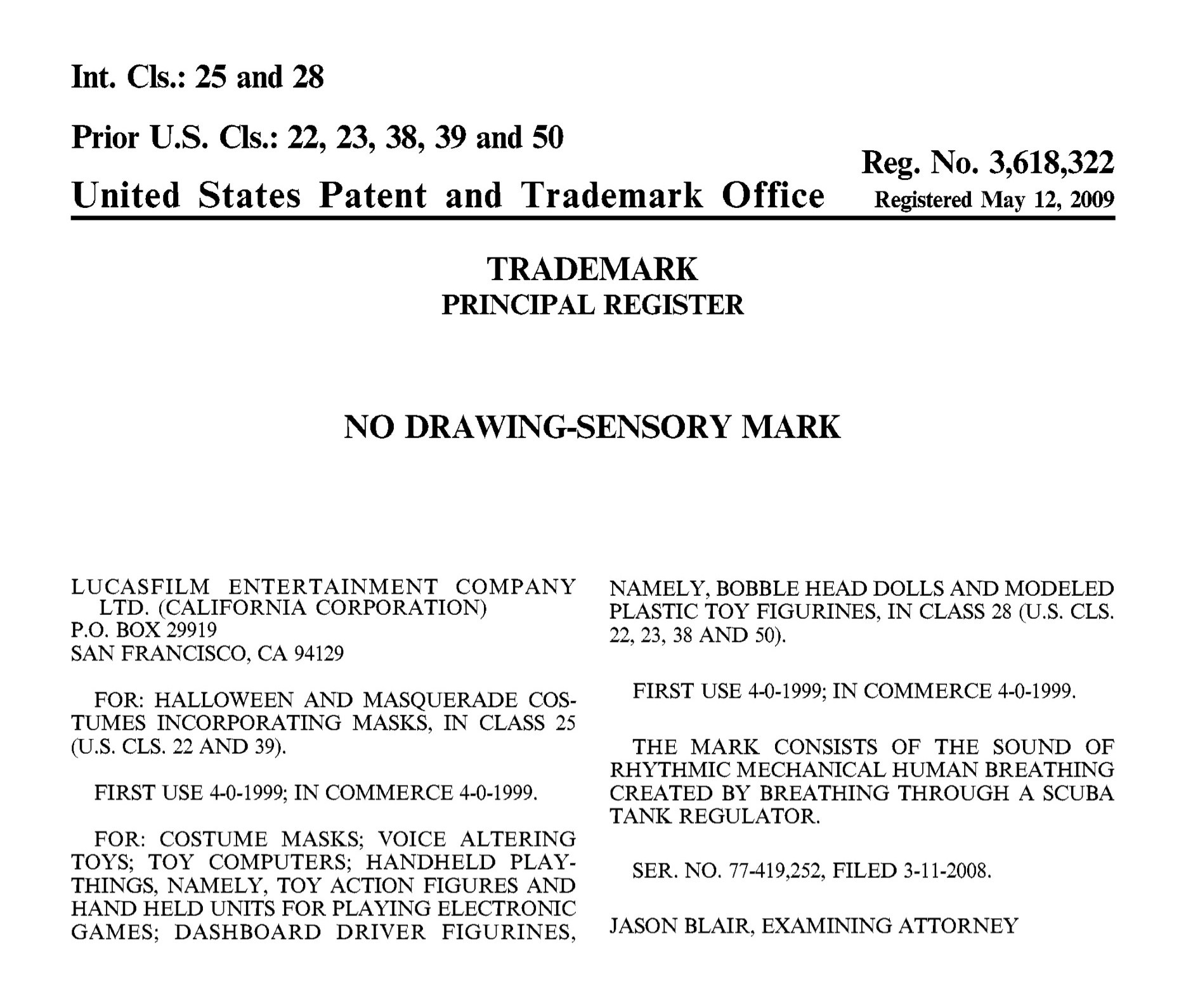“How” Apparently Does Matter
The New York Times reports on a pending trademark dispute between Dov Seidman, a prominent author and consultant, and Chobani, Inc., America’s largest Greek yogurt manufacturer, over the word HOW. Seidman owns two U.S. registrations and a number of pending applications for the HOW mark, including an application for the mark HOW MATTERS, for a variety of educational and consulting products and services, all relating principally to business ethics and behavior. Chobani, on the other hand, owns two pending trademark applications for the mark HOW MATTERS, for yogurt products and restaurant services. Seidman has filed suit against Chobani and Chobani’s ad agency on the grounds that Chobani’s use of the mark HOW MATTERS infringes Seidman’s family of HOW marks. Because the goods and services with which the two parties’ respective marks are used appear to be dissimilar, Seidman may have a difficult time proving that a likelihood of consumer confusion exists between the parties’ marks, which is the heart of a trademark infringement claim. However, the motivation behind the lawsuit may have more to do with moral rights than trademark rights. According to Seidman, Chobani is “using ‘How’ to convey and connote that they are an ethical company… [t]hey are using ‘How’ exactly the way I use it. They’ve appropriated the foundation of my entire philosophy.” It remains to be seen whether the use of a mark to connote a similar idea, but with unrelated goods and services, can sustain a trademark infringement claim. Read the full article here.
Reposted from The New York Times.


![By Tiia Monto (Own work) [CC-BY-SA-3.0 (http://creativecommons.org/licenses/by-sa/3.0)], via Wikimedia Commons.](https://images.squarespace-cdn.com/content/v1/539530d2e4b0e3021538f0db/1412358967210-PE81661KWB6FHZI1UYM6/3D_printer.jpg)
![By Trailer screenshot (The Prince and the Showgirl trailer) [Public domain], via Wikimedia Commons.](https://images.squarespace-cdn.com/content/v1/539530d2e4b0e3021538f0db/1412260738500-HQBS3BZJ3XZT8MJTKWG1/Movie_Trailer_Screenshot_1.jpg)
